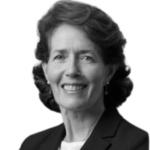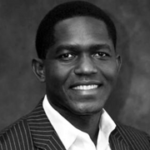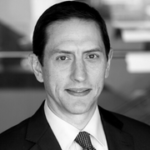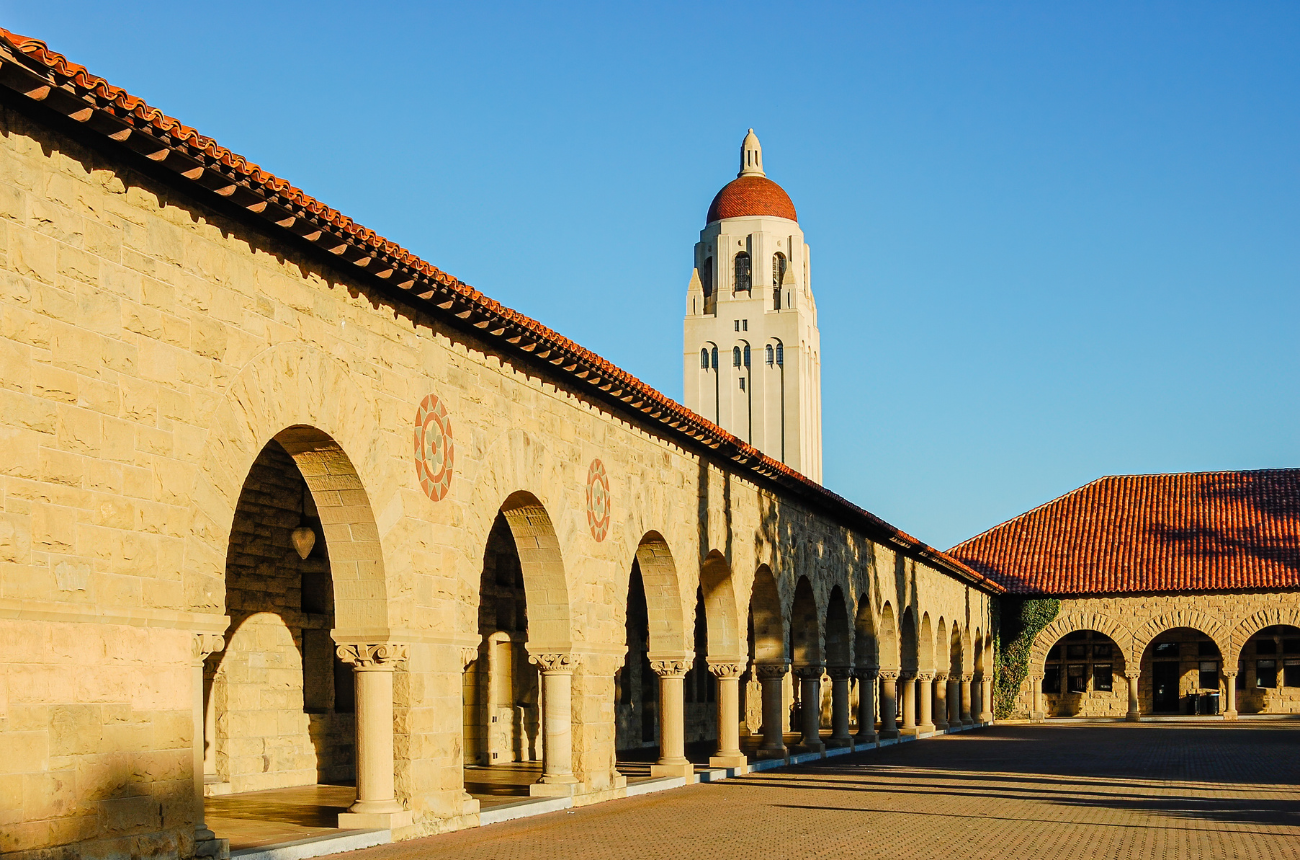Lunch and registration
Welcome
Treasurer of Massachusetts and chair of the Massachusetts Pensions Reserves Investment Management Board, Deborah Goldberg, welcomes delegates to the conference and gives insights into the social, political and investing landscape of the state.
There is more risk in capital markets today than at any stage in history as investors seek to maintain the level of returns they have become accustomed to. Within that context, has the investment industry focused too much on simply gaining exposure to financial assets, rather than taking responsibility for those assets as an engaged owner? This session challenges the current thinking and discusses how responsible investing should be at the core of investment decision making as the industry moves from a shareholder to stakeholder mindset.
While there is still a concentration of innovation in “traditional” hubs such as Silicon Valley, emerging markets are growing in importance. For instance, the developed nation patent share dropped from 94 per cent in 2001 to 53 per cent in 2023, and venture capital investments followed a similar trend. This is particularly true in some emerging technologies, such as AI and cleantech. These trends may only accelerate in light of recent US government policy shifts. This talk will explore the implications of these dynamics for technology investors, including drawing on recent research on Chinese innovation and venture capital and its world-wide impact.
Credit markets have entered 2025 in a strong position following the performance in 2024. But while fundamentals are strong, there could be some headline risks coming from US government policies which could inject more volatility. This session examines the outlook for credit markets and where opportunities might lie, including private financing and capital solutions for the rising demand for data centres and infrastructure.
Afternoon tea
This session unpacks the expectations and challenges of both public and private asset classes, including the impact of the cost of debt on private market investments. What this means for allocations and portfolio construction, and why should investors care?
Includes table discussion
A changing and dynamic policy backdrop in the US combined with ongoing growth fueled by digitalisation and AI create a dynamic and complex lens to view opportunities in next generation infrastructure.
This session explores the economic and social impact of Trump’s economic policies and how investors should be positioning portfolios for a more uncertain future.
Includes table discussion
Transport to Harvard Square
Tour of Harvard Campus
Welcome function at Loeb House
Transport to Hotel Commonwealth
Welcome
A new geopolitical and macroeconomic paradigm is turning past tailwinds into headwinds and reshaping global flows of capital. For decades globalisation, rising trade and capital liberalisation were the dominant geopolitical and economic paradigm but that paradigm is over and the shift to modern mercantilism has accelerated and become chaotic. This session argues this shift presents an urgent threat to markets and investment portfolios. The current mix of global assets in investment portfolios reflects the winners from the past paradigm and as a result, many portfolios are now more exposed than ever to a slowdown in growth, a Fed less able to ease proactively, an equity bear market, or US underperformance. The dynamics of this new era put a premium on building portfolios that are resilient to the uncertainty ahead – portfolios with a narrower range of outcomes and less susceptibility to tail-risk scenarios and sustained periods of underperformance. In this new era, how should investors think about evaluating their portfolio and their options when it comes to improving resiliency?
If regimes drive economies, then shouldn’t investors integrate them into asset allocation? This session looks at research indicating that macro regime-based portfolios can outperform traditional asset-based portfolios.
Morning tea
The rapidly changing investment environment and challenges to traditional portfolio assumptions have spurred rising interest in the total portfolio approach (TPA). However, TPA should not be viewed merely as an alternative to strategic asset allocation or as a one-size-fits-all solution. Rather, it is a philosophy of preparedness, emphasizing the fluidity of capital and a total return mindset. This session will explore what TPA truly is—and what it is not. It will highlight TPA’s characteristics, essential implementations, and the tools that may be needed on the journey.
OPTrust has been evolving its total portfolio approach, predicated on member driven investing, for the past 10 years. This case study examines the latest evolution which includes managing the liquid public asset portfolio as a completion portfolio with adjustments made dynamically with changes in the illiquid portfolio or macro economic environment.
Measuring risk across liquid and illiquid portfolios brings complexities, this session explores the importance of a total portfolio view.
Seated lunch
What if aging was not inevitable and instead we could choose our lifespan? Harvard geneticist and authority on aging, David Sinclair, theorises that aging is a disease which is treatable. He showcases research that demonstrates how we can slow down, or even reverse aging.
Living longer and healthier lives will have an immense impact on the economy and the business of savings and take longevity risk to a new, extreme level for investors to manage. This session examines the risks and related investment solutions.
INCLUDES TABLE DISCUSSION
Afternoon tea
The new US administration’s healthcare agenda is creating volatility and an uncomfortable time for investors in healthcare. This session will look at the impact on drug delivery, R&D and productivity in the healthcare sector and how sifting through the noise, to find innovative new technologies, might uncover the opportunities for investors.
As mental health concerns rapidly increase all over the world, investors should consider the role they can play in solutions. Danish fund Veliv has been taking a proactive approach to investing in mental health both directly and through private equity vehicles.
Transport to Harvard Art Museum
Conference dinner Harvard Art Museums
Transport to Hotel Commonwealth
Welcome
An intimate look at the Trump Presidency, the implications for world trade and geopolitical risks.
INCLUDES TABLE DISCUSSION
The past few years has seen a backslide in climate commitments, particularly in the US. As global tensions and political pressures intensify, this session examines the need for investors to stay on course with their climate commitments, the key risks they face, how to overcome performance issues and the opportunities for generating alpha.
INCLUDES TABLE DISCUSSION
Morning tea
There has never been a more important time for good direction and governance based on core values. This session – drawing on the learnings of Havard Business School - discusses the tenets of good leadership during uncertain times.
The tailwinds of the AI theme have benefited the Mag 7 at a time when US exceptionalism rules. This session looks at whether the dominance of the Mag 7 will continue, how investors should look for diversification, and where other opportunities may lie.
This session showcases the benefits of Norges Bank’s focus on pure alpha, including smoothing, through its hedge fund platform. With a focus on manager selection, the asset owner has delegated responsibility for individuals to hire and fire managers at will, and ties bonuses to the performance of the managers.
This session, with one of MIT’s leading experts, will explore how the intersection of AI and quantum computing will impact the global economy and the risks and opportunities to watch for.










































